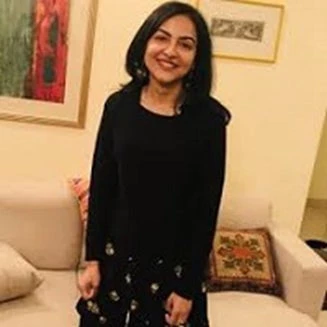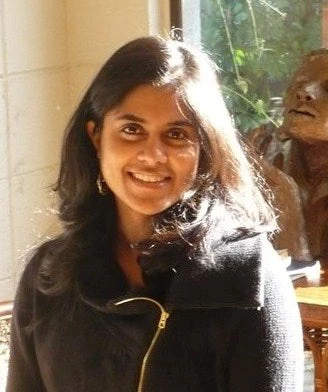 Community members from Khalisa-1 Union Council in Peshawar during a visit to the Khyber Pakhtunkhwa Ombudsperson against workplace harassment.
Community members from Khalisa-1 Union Council in Peshawar during a visit to the Khyber Pakhtunkhwa Ombudsperson against workplace harassment.
Shandana* is a primary school teacher in Peshawar, the capital of Khyber Pakhtunkhwa (KP) province in northwestern Pakistan. Shandana got an opportunity to attend community training on helping survivors of violence access formal support. This training encouraged her to talk to her young students about protecting themselves against sexual abuse. It was indeed an act of courage in her city where survivors of violence are stigmatized and discouraged from reporting incidents or seeking formal help. A few weeks later, she was asked by the principal to conduct sessions on child sexual abuse at all grade levels.
Shandana was one of 461 women and 299 men, as well as 44 religious leaders, trained in a pilot project that explored innovative ways to prevent and respond to gender-based violence (GBV). This State and Peace Building Fund-supported grant was launched as the province emerged from a long period of conflict and fragility that exacerbated the vulnerability of women and girls. The World Bank partnered with a local NGO, Rozan, to prevent GBV by training women and men to help survivors of gender-based violence and sexual abuse in accessing the support they need.

Engaging community members who understood local needs and constraints produced impressive results. Within only 6 months, 5800 community members (46% women) were engaged through project-supported training and awareness activities, representing 10% of the target area’s population. Moreover, 92% of those engaged were able to recall at least one organization providing services to survivors of violence in their area, such as a local helpline or legal aid organization. Female religious leaders, in particular, were instrumental in increasing awareness of GBV and helping women overcome their initial reluctance to approach professional counselors and other service providers. By the end of the intervention, 117 people had contacted Rozan’s GBV survivor support helpline for the first time, underscoring the importance of helping survivors to reach such services amid multiple constraints and barriers.
The project also addressed the weak network of GBV response systems for survivors. Across 7 key districts representing the administrative headquarters of each division (or cluster of districts) in KP, 100 public and private service providers (SPs) from the health, social welfare, and law enforcement sectors were geo-tagged and assessed on their capacity to provide ethical, survivor-centered services. This provided a geospatial representation of where different SPs were clustered and how they varied in terms of infrastructure, policies, trained staff, referral linkages, and services provided – information that is critical to survivors in choosing where and how to seek help.

The exercise also revealed critical gaps in the wider network of GBV service providers. SPs, especially of high capacity, were virtually absent in historically underserved areas, like Bannu, Kohat, or DI Khan. Public SPs, in particular, had limited infrastructure and referral linkages; a narrow range of policies on dealing with survivors; few options for clients in terms of services; and extremely low numbers of women and trained staff. Law enforcement SPs were particularly constrained in these areas, despite past efforts by other development organizations to make them more gender-sensitive. Government hospitals and social services fared somewhat better but still had large gaps in terms of infrastructure availability and referral linkages. World Bank, in partnership with the UN, will support the Khyber Pakhtunkhwa government in mapping and collecting assessment data on the entire network of GBV services across the province, allowing policies, plans, and budgets to target existing gaps.
This data will be added to a secure, online database to support key government partners, such as the Khyber Pakhtunkhwa Ombudsperson for protection against harassment of women at the workplace, Social Welfare Department, and Khyber Pakhtunkhwa Commission on the Status of Women, in fulfilling their mandates to protect survivors. However, a database of this nature needs trained staff who can use it effectively. Therefore, 57 staff from our government partners and World Bank-financed project monitoring units in KP were trained on using the database to refer survivors safely and ethically, with support from the World Bank team and Rozan.
While the solutions we piloted all hold great promise, KP’s alarmingly high rates of GBV prevalence and social acceptance will require large-scale interventions across multiple sectors. The Bank’s portfolio in KP can help change social norms that perpetuate violence against women and children. The recently passed domestic violence law mandates the government agencies we partnered with to refer survivors to high-quality services and update the provincial cabinet on the status of reported cases. A digital case management and referral system will help them perform this evolving role more effectively.
The number of GBV incidents in Pakistan is alarming and there is no quick fix to improve the situation. However, with a continued focus on engaging communities to prevent violence and strengthen services for survivors, we can spur change. The women and children of Pakistan deserve no less.




Join the Conversation